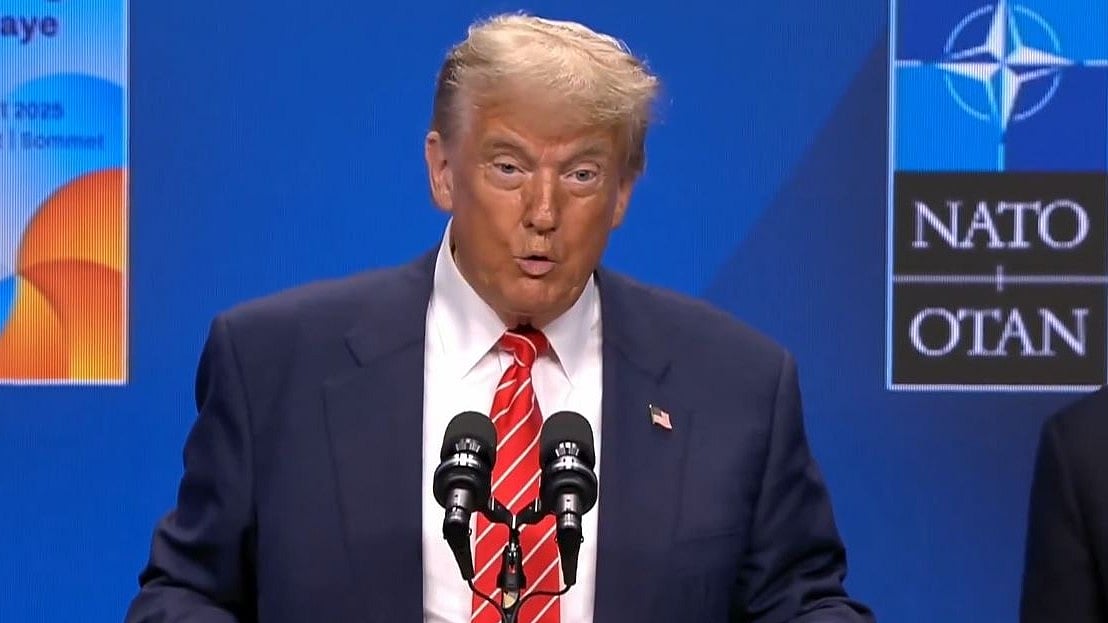Pakistan abruptly closed its airspace to Indian flights, disrupting several international routes.IndiGo Airlines issued a travel advisory wherein it offered flexible rebooking options and full refunds to affected passengers.
IndiGo said in a statement on Friday, “This sudden announcement is beyond our control, and we sincerely regret the disruption it may have caused to your travel plans.” Passengers whose flights have been affected were encouraged to visit the airline’s website to reschedule their travel or claim refunds, as per their preference.
The closure of Pakistan’s airspace comes in the wake of India’s diplomatic and military response to the recent terror attack in Pahalgam, which claimed the lives of at least 26 people, of whom 25 were Indian citizens and one a Nepali national. India has since taken a series of measures, including suspending the Indus Waters Treaty, closing the integrated Attari Check Post, and cancelling visas issued under the Saarc Visa Exemption Scheme.
India has also declared Pakistani Defence, Naval, and Air Advisors posted in its High Commission as persona non grata, ordering their departure within a week. Simultaneously, India will withdraw its own service advisors from Islamabad and reduce the staff strength at both High Commissions to 30 from the current 55, effective from May 1.
“Due to airspace closure by Pakistan, a few of our international flights continue to be impacted. Our teams are working diligently to assess the situation and assist impacted customers with the best possible alternatives,” IndiGo added.
Apart from closing its airspace to Indian-owned or operated airlines, Pakistan has also announced a series of retaliatory measures against India. These include halting visa services for Indian nationals, suspending all trade with India (including via third countries), and reducing diplomatic staff, including the expulsion of Indian diplomats and military advisers. Pakistan has also rejected India’s suspension of the Indus Waters Treaty, warning that any diversion would be considered an act of war, and placed all bilateral agreements with India, including the Simla Agreement, in abeyance.











